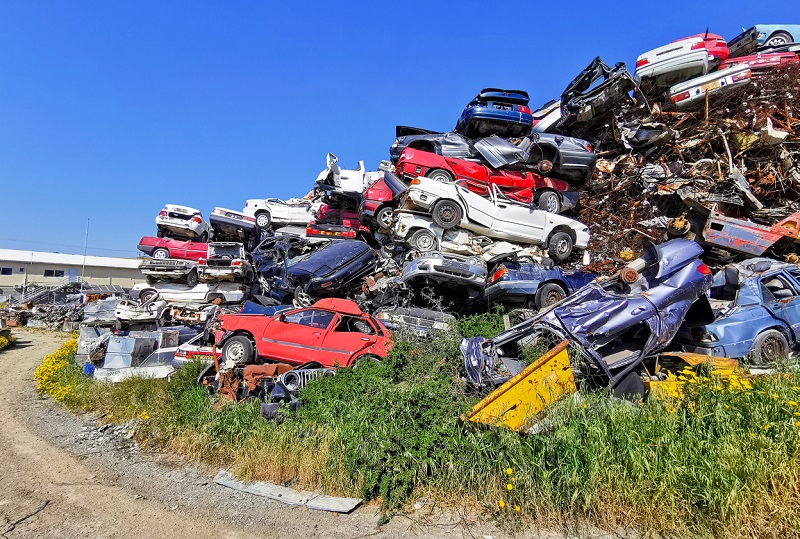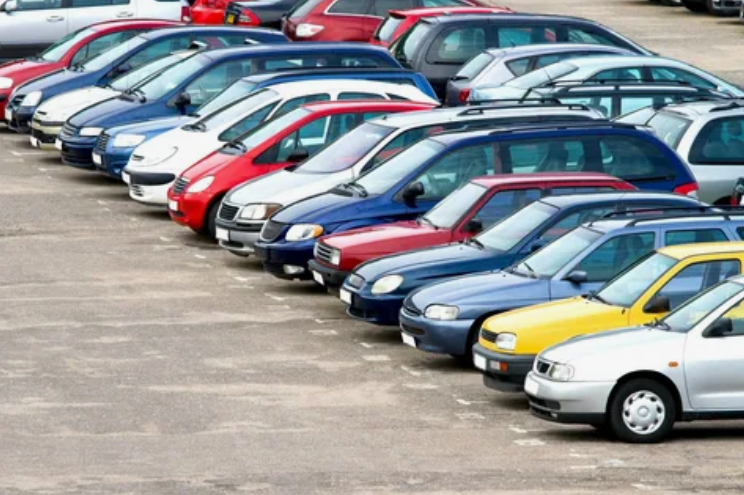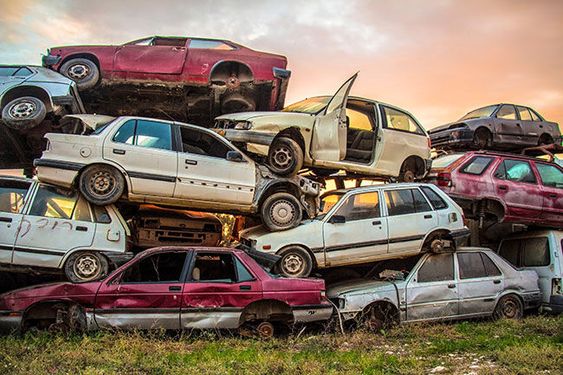The scrap car industry plays a crucial role in recycling and waste management by transforming old vehicles into reusable materials and parts. Despite its importance, the industry is often misunderstood, surrounded by myths that paint an inaccurate picture of how it operates. Many misconceptions surround topics like the environmental impact, the quality of service, and the value owners can gain from scrapping their cars. By shedding light on the realities of the scrap car industry, we can better appreciate its contributions and dismiss any lingering misconceptions. In this post, we will explore and debunk common myths associated with the scrap car industry.
Myth 1: Scrap Car Services Only Offer Low Value for Vehicles
One common misconception is that scrap car companies provide very little value for vehicles, offering only a token amount of cash to owners. While some older cars may yield less cash due to the metal market value and condition of parts, many scrap companies provide competitive payments for a wide range of vehicles. Factors such as the model, year, and condition of a car can significantly impact its value, as certain vehicles may have rare parts that are in demand.
Scrap car companies assess each vehicle individually, offering fair evaluations based on its salvageable components, weight, and current market rates. Certain companies specialize in particular makes and models, leading them to offer more competitive prices for vehicles that fit their expertise. This approach ensures that owners receive a reasonable return when selling their unwanted cars.
Myth 2: The Scrap Car Industry Is Harmful to the Environment
Another common myth is that the scrap car industry harms the environment due to the dismantling processes and metal recycling involved. In reality, the industry prioritizes environmentally friendly practices and helps reduce waste. Scrap yards are required to adhere to strict environmental regulations, which mandate responsible handling of hazardous materials such as oil, coolant, and brake fluids. These substances are carefully extracted from vehicles and disposed of following proper procedures to prevent contamination of soil and water sources.
Additionally, metal recycling itself has a positive environmental impact. By melting down and repurposing the metal from scrapped cars, the industry reduces the need for new metal production, which consumes significant energy and resources. In this way, the scrap car industry contributes to a circular economy, promoting sustainability and reducing environmental harm.
Myth 3: Scrapping a Car Is a Complicated and Time-Consuming Process
Many people believe that scrapping a car involves a long, complex process filled with paperwork and bureaucracy. This misconception can deter car owners from engaging with scrap services, even when their vehicles have reached the end of their usable life. In truth, the process of scrapping a car is often streamlined to be as convenient as possible for the owner. Reputable companies aim to simplify the process by handling most of the paperwork and guiding the owner through any required steps.
Typically, the process involves calling a scrap car removal service, arranging a pickup time, and providing some basic information about the vehicle. The company will often take care of the transfer of ownership and disposal documents, ensuring the owner has a smooth experience. Many companies also offer free towing services, allowing owners to have their vehicles picked up without incurring additional costs. This efficient process ensures that scrapping a car is straightforward, quick, and accessible.
Myth 4: Only Completely Wrecked Cars Are Accepted
Some individuals believe that scrap yards only accept vehicles that are completely wrecked, abandoned, or otherwise inoperable. This myth can deter owners from contacting scrap car companies when they have a vehicle that is still drivable but unwanted. However, the scrap car industry accepts vehicles in all conditions, whether they are partially functional, old, or damaged in specific areas.
Vehicles that still have working parts are particularly valuable, as the parts can be reused in other vehicles or sold to mechanics and car enthusiasts. For instance, engines, transmissions, and electronics from a still-running vehicle can be resold or repurposed. By accepting a range of vehicles, the scrap industry maximizes the usability of every car, promoting sustainability by reusing parts that remain functional.
Myth 5: The Industry Does Not Benefit Local Communities
Another misconception is that the scrap car industry operates solely for profit and does not contribute to local communities. In reality, the industry supports local economies and promotes job creation in areas like dismantling, recycling, logistics, and sales. The demand for skilled workers in metal recycling, parts inspection, and vehicle deconstruction helps generate employment opportunities, providing economic stability in communities where scrap yards are located.
Additionally, by offering a responsible way to dispose of old vehicles, scrap car services reduce the number of abandoned vehicles on roadsides and in public spaces. This improvement in community cleanliness and safety positively impacts the quality of life for local residents. By creating jobs and enhancing environmental health, the scrap car industry supports local economies and benefits communities in tangible ways.
Myth 6: Scrap Car Companies Lack Transparency in Pricing
A common concern is that scrap car companies do not operate transparently, leading people to believe they will not receive fair compensation for their vehicles. Some assume that scrap yards may undervalue cars or take advantage of sellers unfamiliar with vehicle worth. In reality, most reputable scrap car companies provide transparent quotes based on clear factors, such as the weight of metal, the value of salvageable parts, and the overall condition of the vehicle.
Many companies now offer free online quote services, allowing sellers to enter basic details and receive an estimate quickly. By giving sellers clear information on pricing, scrap car companies promote transparency and build trust. For those concerned about getting a fair value, choosing a well-reviewed company with a reputation for honesty ensures a straightforward and satisfactory experience.
Myth 7: Scrapping a Car Has No Lasting Impact on the Environment
There is also a misconception that the act of scrapping a single vehicle has no significant environmental impact, leading some to view it as an unnecessary step. However, every car scrapped contributes positively to environmental health by preventing harmful materials from entering ecosystems. The industry recycles metals and parts that would otherwise end up in landfills, where they can take decades or even centuries to decompose.
Recycling metals from vehicles reduces the need for mining and new metal production, which are resource-intensive activities that contribute to pollution and habitat destruction. By choosing to scrap an old car rather than abandoning it, individuals actively participate in a cycle of recycling that supports a healthier planet and conserves valuable resources.
Conclusion
The scrap car industry is often misunderstood, with several myths clouding its reputation and value. By debunking these misconceptions, we gain a clearer understanding of how the industry operates and the benefits it brings. From offering competitive value for vehicles to promoting environmental sustainability and supporting local economies, the scrap car industry plays an essential role in modern waste management and recycling efforts.
Through environmentally responsible practices, convenient services, and transparent pricing, reputable scrap car companies make the process of disposing of an old car both easy and beneficial. As awareness grows about the positive impact of scrapping vehicles, it becomes clear that the industry is a valuable partner in creating a cleaner, greener world. Embracing the truth about the scrap car industry allows us to appreciate its contributions and dispel the myths that may have once overshadowed its significance.




